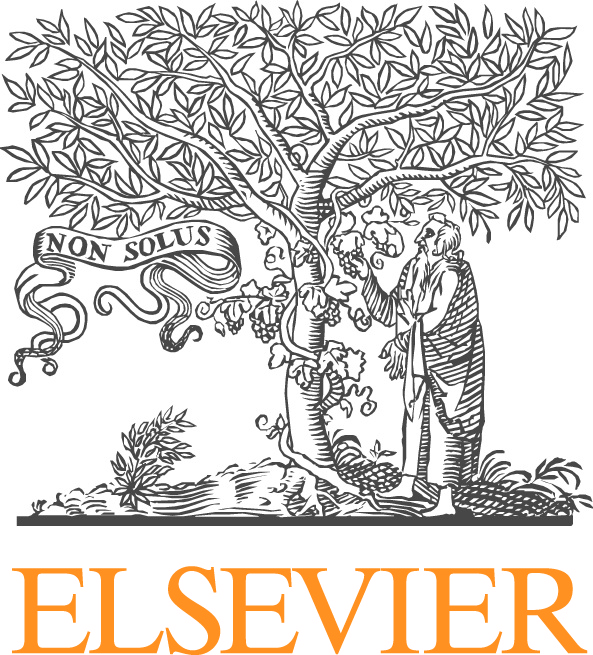Goal-Oriented Error Estimation in Computational Sciences and Engineering

Serge Prudhomme
Wednesday, July 29, 1:00 - 1:45 pm
Abstract:
About two decades have passed since the first works on goal-oriented error estimation for finite element approximations of boundary-value problems or for adaptive modeling have been published in the literature. The concepts for estimation and control of errors in quantities of interest are now well understood and have been extended to a large number of discretization methods (finite-volume, finite-difference, discontinuous Galerkin methods, etc.) and applied to a wide range of model problems (elliptic, parabolic, hyperbolic equations). Nevertheless, the methodology still presents challenges, for instance, in the case of time-dependent problems, non-linear problems, or coupled problems. In this presentation, we will review the concepts of goal-oriented error estimation, describe challenges associated with non-linear problems and coupled problems, and show how these concepts can be extended to predictive modeling.
Biography:
Serge Prudhomme joined the Department of Mathematics and Industrial Engineering at Ecole Polytechnique de Montréal in 2012. Prior to his appointment at Poly Montréal, he held positions at the Institute for Computational Engineering and Sciences at The University of Texas at Austin, first as research associate from 2001 to 2004, then as research scientist. His research interests cover a wide range of topics in computational engineering and sciences, but have long focused on the development of reliable and efficient computational methods for the prediction of physical phenomena. He is generally interested in a posteriori error estimation and adaptive methods for numerical approximations of partial differential equations and has contributed to the development of so-called goal-oriented methods to control discretization and modeling errors. These adjoint-based approaches have been applied, for example, to the simulation of multiscale problems for selection of the regions in which fine-scale and coarse-scale models should be used. He has been working more recently on the development of verification and validation processes for predictive simulation-based engineering and science. Serge Prudhomme has published more than 50 peer-reviewed articles and book chapters in scientific journals and has given more than 75 invited talks and short courses at international conferences and workshops. He graduated from Ecole Centrale de Lille, France, in 1991 with a diploma in engineering and received an M.Sc. in Mechanical and Aerospace Engineering from the University of Virginia, USA, in 1992. He then earned a Ph.D. in 1999 in Aerospace Engineering from The University of Texas at Austin.





